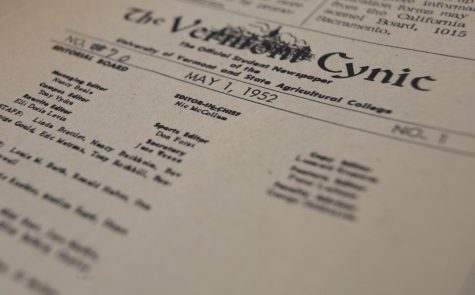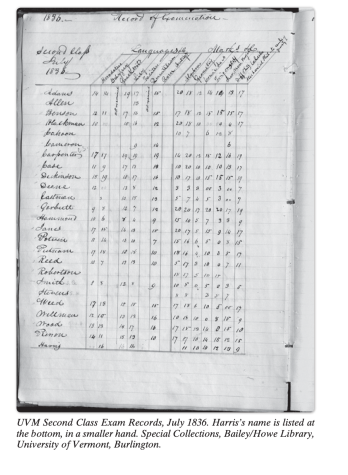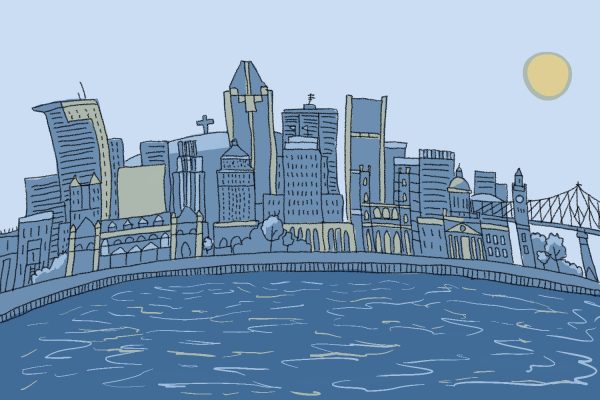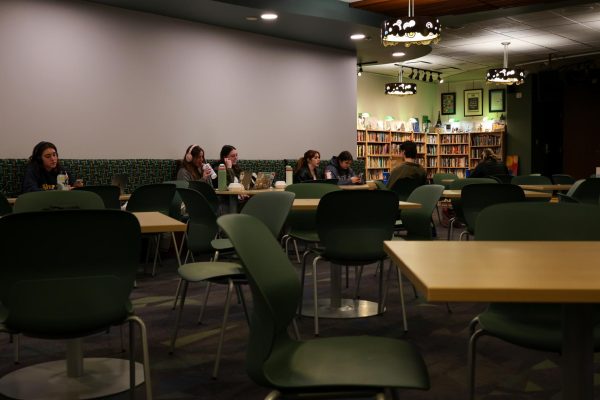Another Success in the People’s Struggle for Free Trade
The WTO has a reputation as a servant of the powerful nations, a reputation earned by its very structure, which allocates representation in accordance with the amount nations pay. Yet in the Doha round of trade negations it is the developing nations that have the most to gain. Developed nations have made heavy use of protectionist policies that hurt the third world, and the WTO could be the third world’s only hope of putting an end to such policies.
It may sound strange to some that it is the third world nations that desire free trade, as in the past it was rich corporations who often benefited most from world trade and middle to low class workers were the most likely to get hurt by it. However developing countries do desire global trade and it is the first world nations that desire to protect their rich corporations from competition.
The Doha rounds were started in 2000 and were supposed to end January 1st of 2005, but there have been setbacks, most notably in Cancun where the representatives of the third world walked out during the meetings. Issues being discussed are extremely varied, ranging from environmental protection to Patent rights, but the most important agenda for the third world is probably getting first world nations to reduce their agricultural subsidies. Many developing nations depend on agricultural exports for revenue so when other nations push prices down with their subsidies the development of poor nations is stunted.
The efforts of developing countries have not gone unrewarded, as agreements in which first world nations reduce their subsidies have been hammered out. That said, the third world still has a long way to go before first world protectionism is phased out and the economies of the third world can develop unhindered. It should be noted the developed nations also have something to gain, as they are demanding tighter rules on patent laws, this is especially true for the US which has a strong research and development sector.
For all there is to gain from the Doha round there is also for many a lot to lose. If agricultural subsidies are reduced, American, European and Japanese agriculture could suffer a powerful blow, the fact that much of the developed world makes use of industrialized agriculture does not help as such industries have to compete with other domestic industries for capital.
Third world farmers have no such fear as there are fewer developed industries to steal their factors of production. Besides farming in the third world does not make heavy use of capital, but of labor there is plenty of cheap labor to go around. By the same token, developing nations could lose inexpensive access some drugs and artistic works as copyright laws could be expanded.
Whatever happens within the Doha round chances are the world will not look the same after words. Seeing what has been done, it seems that the world will be a more open place that is going to have a lot of winners, and losers.










